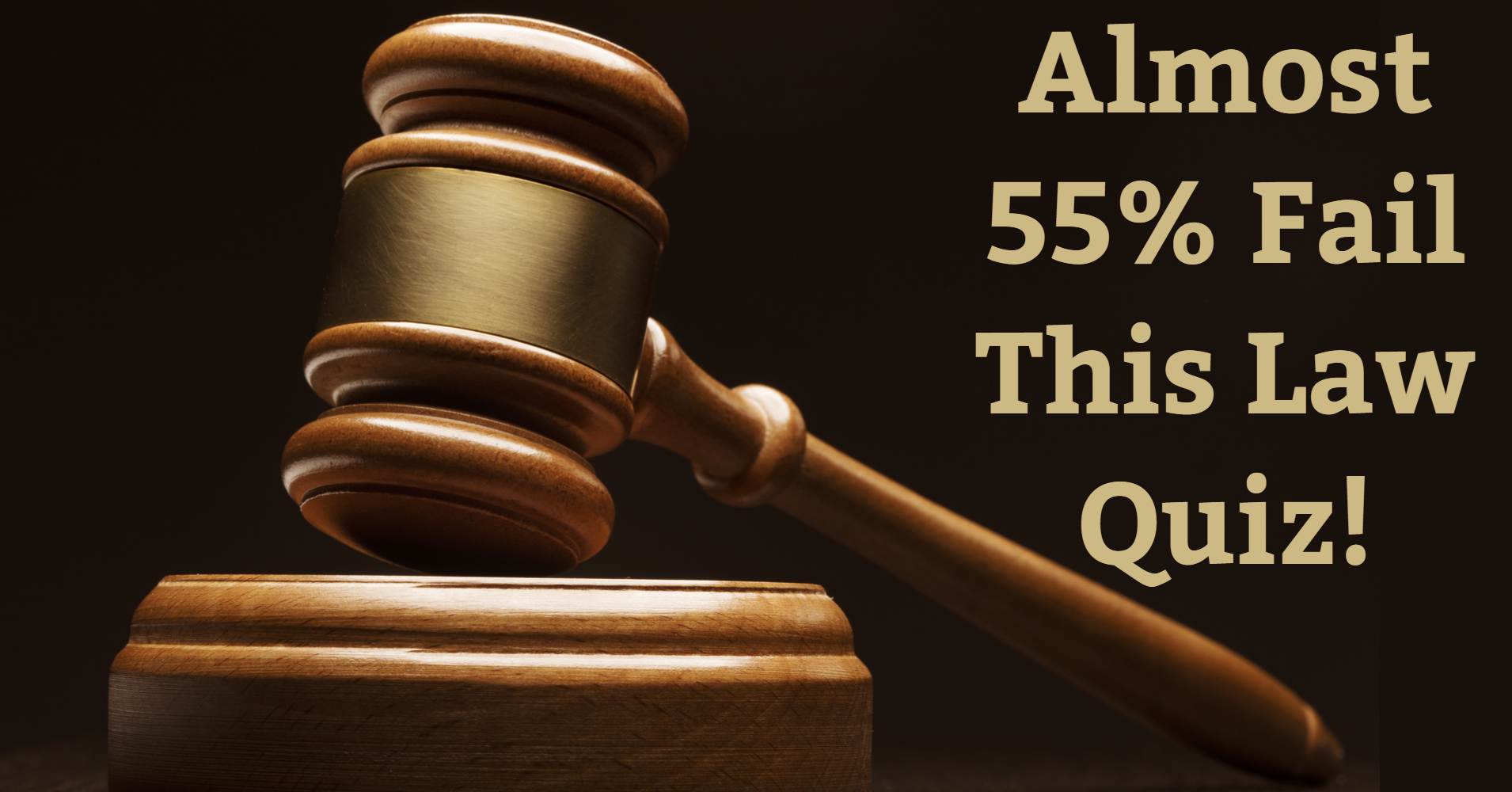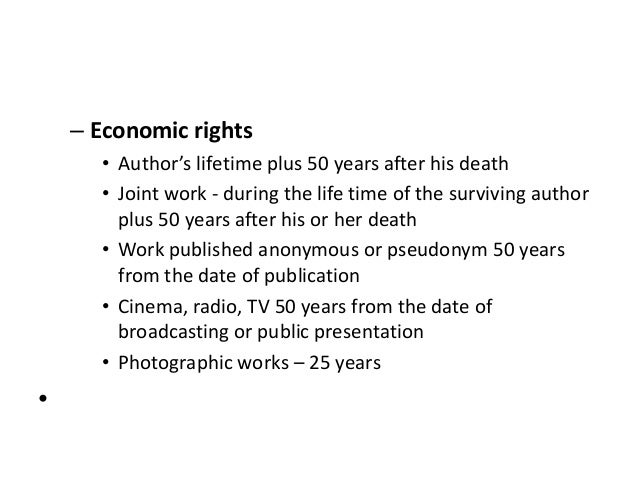

Smith’s hand?” or “was he carrying anything of note?” Those questions seem simple enough, but often times a nervous witness will “choke” and find the phrase “anything of note” to be confusing. On the subject of the defendant fleeing with a gun, a lawyer would typically ask: “Was there anything in Mr. You can kind of see now why some trials take weeks and weeks to get through testimony. A lawyer would then meekly ask “uhm, anyone else?” and simply hope that the witness gets the idea. The problem with this is that the witness is likely to then decribe any number of people fleeing the scene, such as bank tellers or account holders. A lawyer is usually left with simply asking the witness if he observed “anyone fleeing the scene”.

Smith fleeing the scene?”? The problem is that most judges would also likely find even those questions to be leading. But what about the questions “Did you see Mr. Smith fleeing the scene with a gun?” That would be leading. The problem for lawyers, is where do you draw the line? For example, let’s say a prosecutor is interviewing a witness who observed an armed man who was fleeing the scene of a bank robbery. Courts have ruled that “the allowance of a leading question is within the discretion of the court, and is no ground for reversal.” See Farmers’ Co. 1991).] Generally, each judge has his or her own limit on how much an attorney is allowed to “lead” a witness.
#Law leading questions manual
(See Glen Weissenberger, Federal Evidence 1996 Courtroom Manual 134 (1995) Black’s Law Dictionary 888-89 (6th ed. But legal texts define it as follows: A leading question is one which, either through form or substance of the interrogation, instructs a witness, or puts words in the witness’s mouth to be echoed back, or one which suggests to a witness the answer desired. It is often said by lawyers that a leading question is a “question that suggests an answer”. Everyone has heard of the courtroom objection, but it is difficult to define when a question is “leading” and when it is not.
#Law leading questions trial
758 (1890).Mock trial competitors often struggle with the concept of the leading question. Outdoor Resorts of South Carolina, Inc., 304 S.C. The provision concerning re-examination and recall of witnesses wasĪdded to the rule to make it consistent with South Carolina law. There was no provision in the federal rule as to re-examination and recall of witnesses. Subsection (c) which allows leading questions when "necessary to develop the witness' testimony." 127, 332 S.E.2d 533 (1985), is still permissible under the first sentence of The use of leading questions when examining a child, State Subsection (c) is consistent with former law. Rejects the more restrictive language of the federal rule which limits cross-examination to the subject matter of direct examination and matters affecting the The scope of cross-examination is within the discretion of the trial judge. General Insulation and Acoustics, 234 S.C. Under South Carolina law, cross-examination is limited only by the requirement that the inquiry relate to matters pertinent to the issues involved or to It should be noted that Rule 614 controls the calling and interrogation of witnesses by the Trial, including the examination of witnesses, is within the sound discretion of the trial judge.

It is consistent with the general rule in this State that the conduct of the The language of subsection (a) of this rule is identical to that used in the federal rule. This rule shall not limit the right of any party to recall a witness in The parties to the action, that witness may be recalled only in the discretion of the court. After the examination of the witness has been concluded by all A witness may be re-examined as to the same matters to which he testified only in the discretion of the court, but withoutĮxception he may be re-examined as to any new matter brought out during cross-examination. Identified with an adverse party, interrogation may be by leading questions. When a party calls a hostile witness, an adverse party, or a witness Ordinarily leading questions should be permitted on cross-examination. Leading questions should not be used on the direct examination of a witness except as may be necessary to develop the witness' A witness may be cross-examined on any matter relevant to any issue in the case, including credibility. Make the interrogation and presentation effective for the ascertainment of the truth, (2) avoid needless consumption of time, and (3) protect witnesses from The court shall exercise reasonable control over the mode and order of interrogating witnesses and presenting evidence so as to (1) MODE AND ORDER OF INTERROGATION AND PRESENTATION


 0 kommentar(er)
0 kommentar(er)
